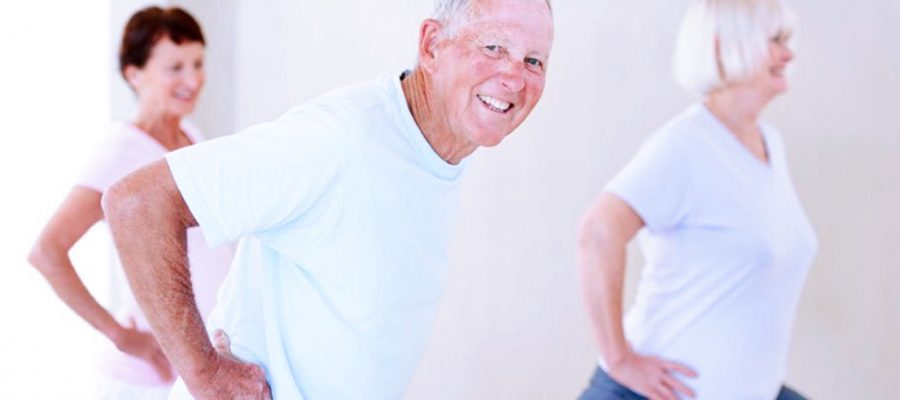Summer is fast approaching, and with it, warmer weather and more sun! While the summer does make for nice time outdoors, there is more than just the weather to consider for senior health – especially those who are receiving some type of long term care. Let’s take a look at some tips that will help seniors safely take advantage of the summer months!

Hydration is key
Water is as crucial to our bodies as is oxygen. Staying properly hydrated helps our brain and other organs function, as well as preparing our bodies to withstand the higher temperatures that often accompany summer months. Seniors are especially prone to dehydration, as the ability to conserve water diminishes as we age. Caregivers and seniors alike should be prepared with lots of water when going outside for more than an hour, and even during long car drives. Also consider sweat-replacement drinks, which can replenish electrolytes if someone has been sweating for a while.
Watch out for the sun
Sun exposure has a lot of benefits for seniors, especially because Vitamin D deficiency can lead to increased risk of falls and decreased lower body strength. For these reasons, it’s a great idea for homebound seniors to get sun exposure at least 30 minutes a day. But beware of too much! While the sun bestows great benefits on us, too much exposure can result in sunburn, dehydration, heat stress, and even heat stroke. Caregivers for those in senior care can strike a fine balance by assisting their patients with short walks or trips outside multiple times a day, and being sure to bring an umbrella or other shade source if necessary. Be sure to watch for these signs of hyperthermia: heavy breathing, fast heart rate, lack of sweating, confusion, irritation, or agitation, or nausea. If you notice these symptoms in a senior, get medical help immediately.
Protection from mosquitos
Did you know that 5 cases of West Nile Virus were reported in Montgomery and Delaware counties combined last year? According to the Centers for Disease Control, mosquitos in the greater Philadelphia area may be still be carrying West Nile. Aside from the typical annoying after-effects of mosquito bites like itchy, red bumps, contracting a disease like West Nile can be extremely serious for seniors in home care or others with compromised immune systems. Symptoms include head and body aches, fever, swollen lymph nodes, and rash. Caregivers and family members alike can help seniors in home care guard against mosquito bites by using proper clothing, avoiding outdoors at dawn and dusk, and making sure there aren’t stagnant bodies of water near a residence.
Caregivers can incorporate these three tips to help seniors successfully enjoy the summer months. By making sure clients are hydrated, protected from the sun, and guarded against mosquito bites, caregivers will protect client health and maximize happiness. Of course, there are many other ways for caregivers to provide excellent care – and Pennsylvania Agency of Nurses trains its caregivers in a lot of them! To learn more about the services we provide, how we select our caregivers, and more, please contact us today and ask for a free assessment!
{{cta(‘7f7b325d-cc42-44a5-ad34-7f10f0d96c73′,’justifycenter’)}}








